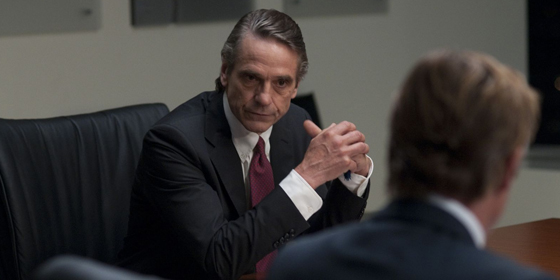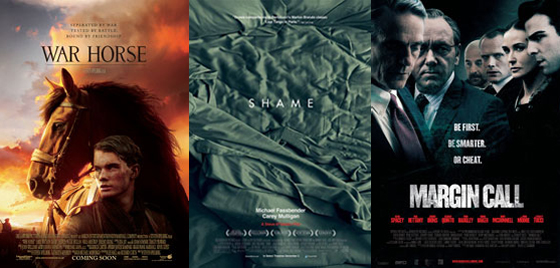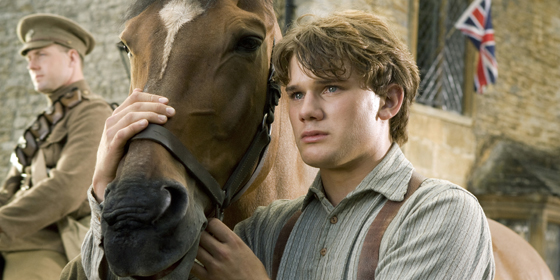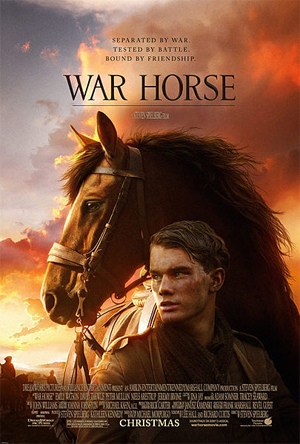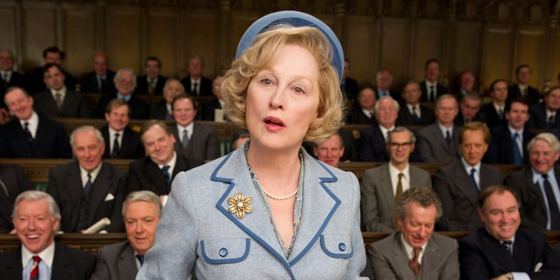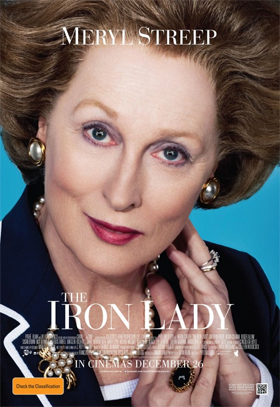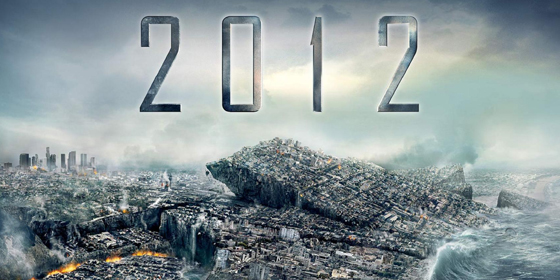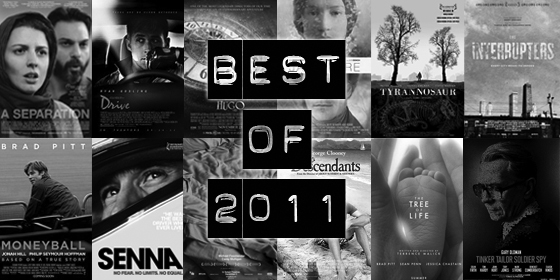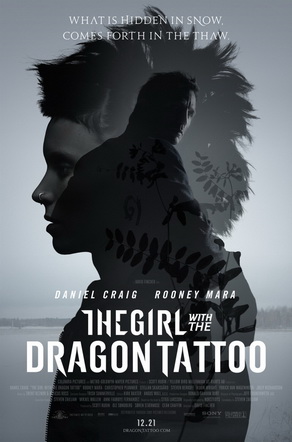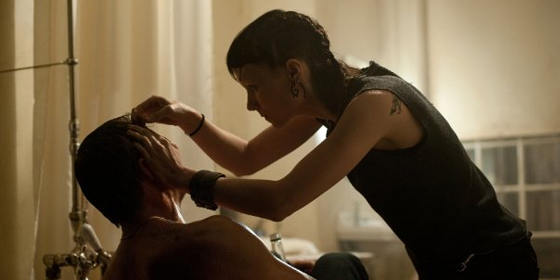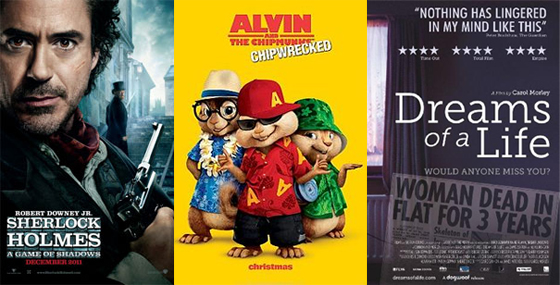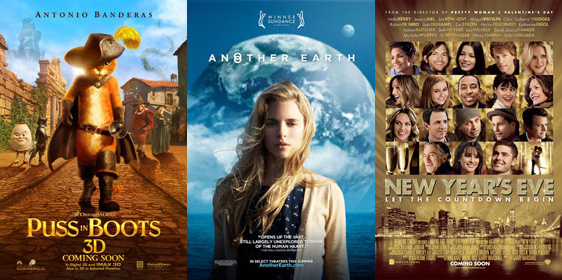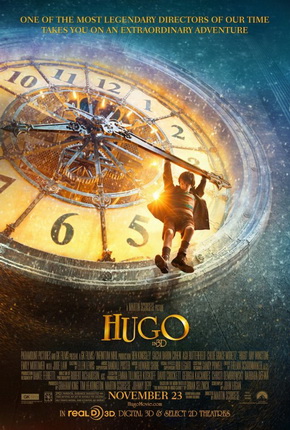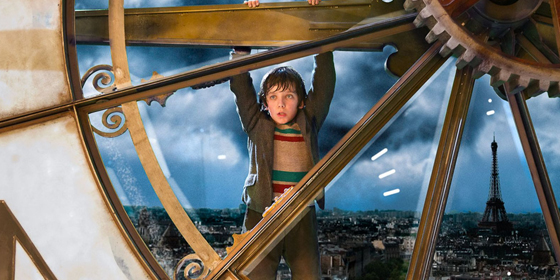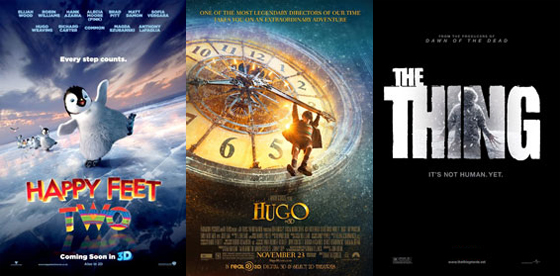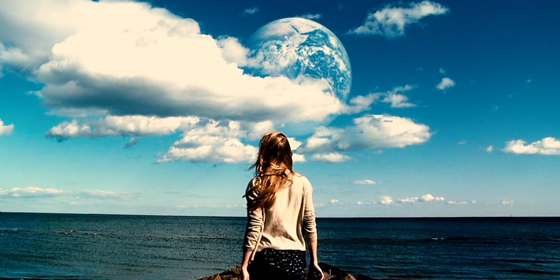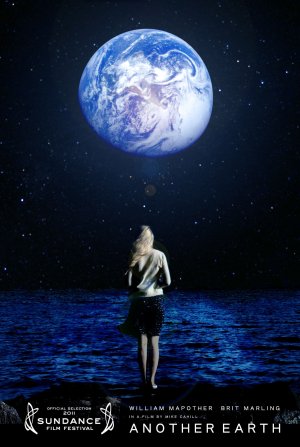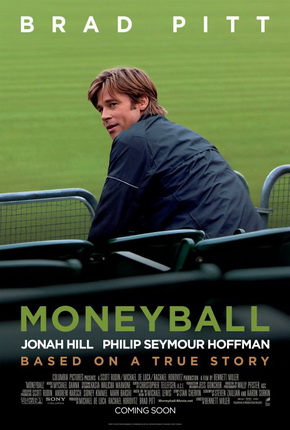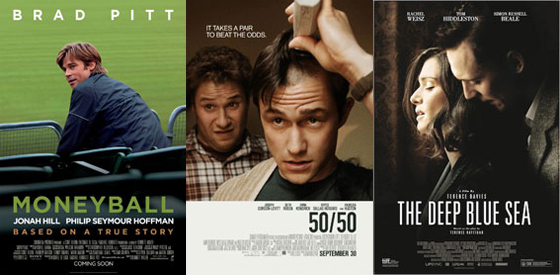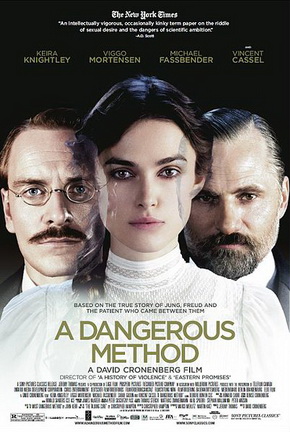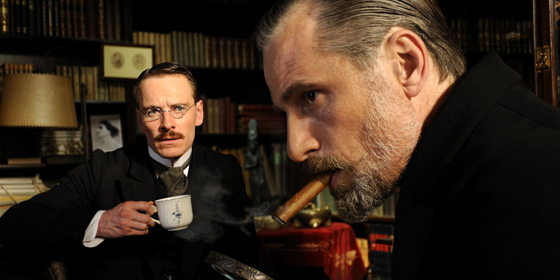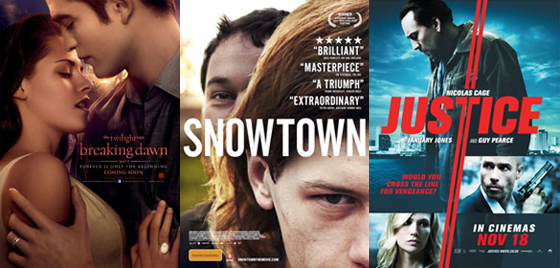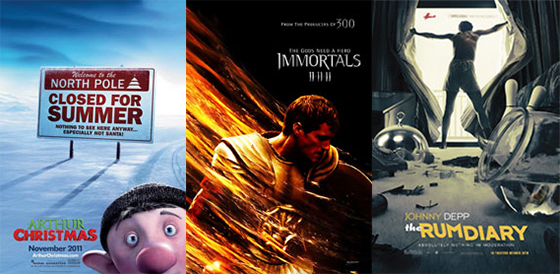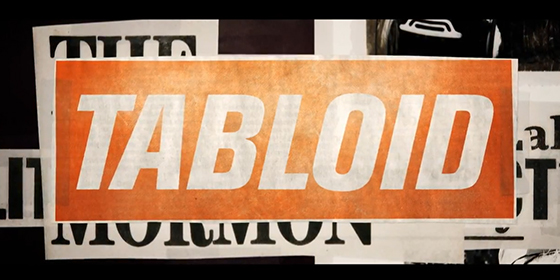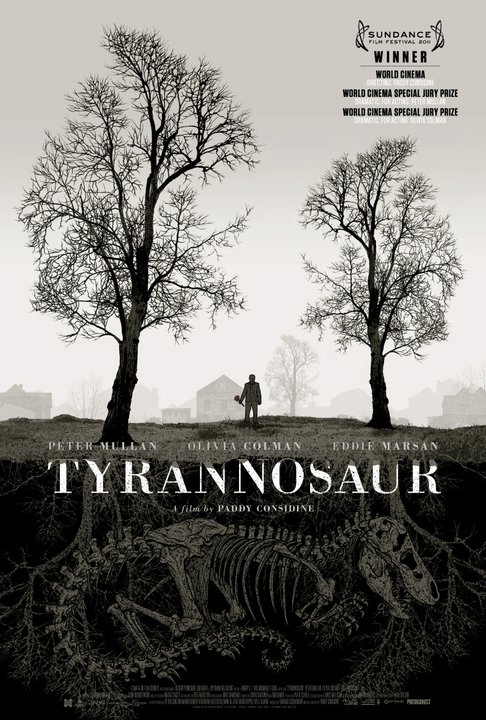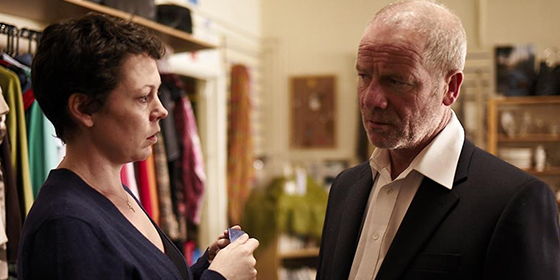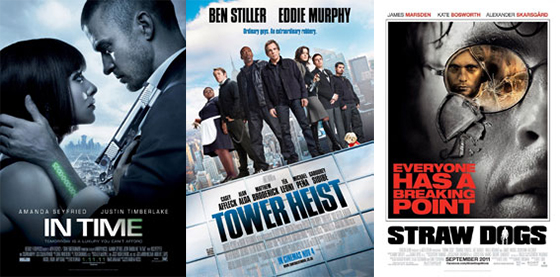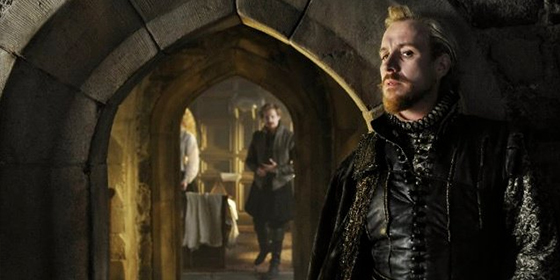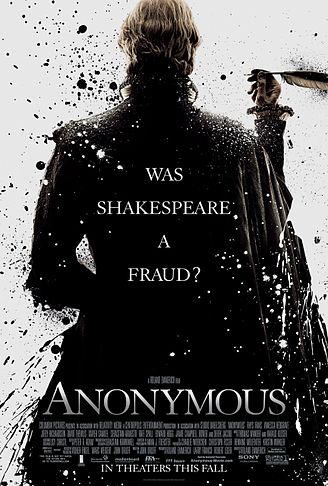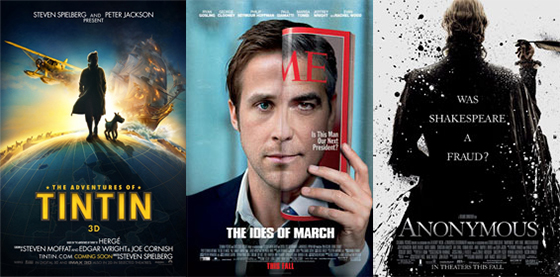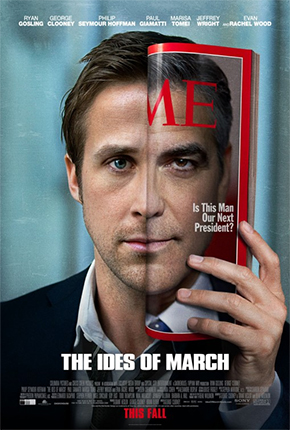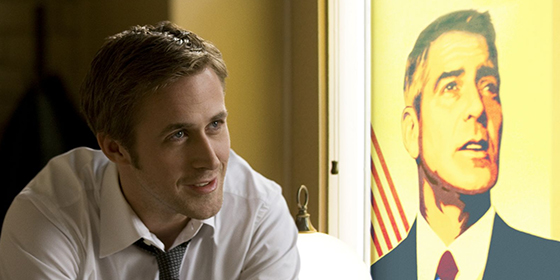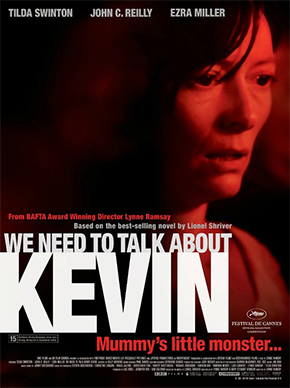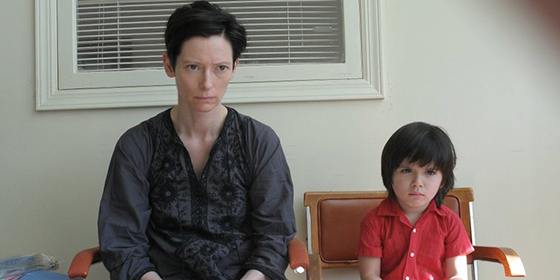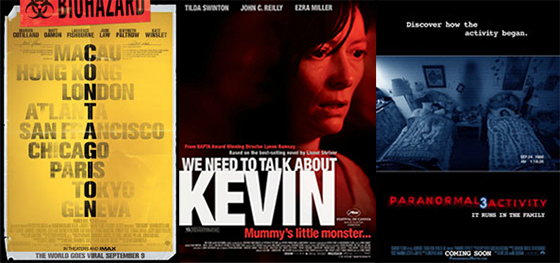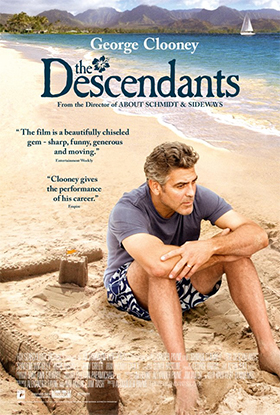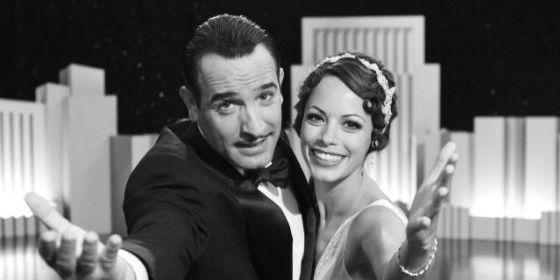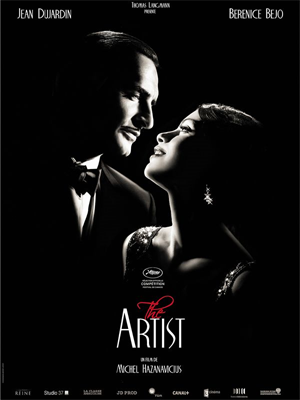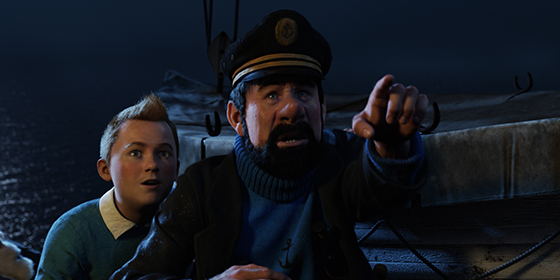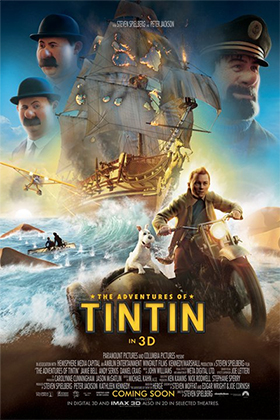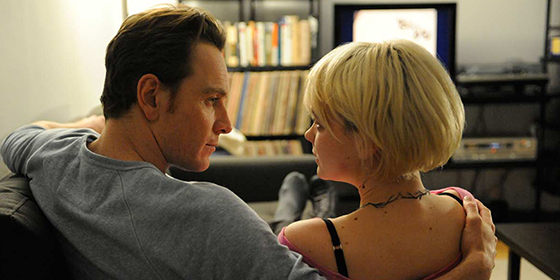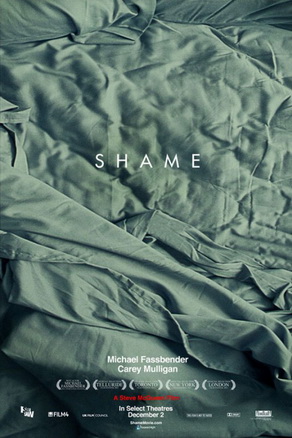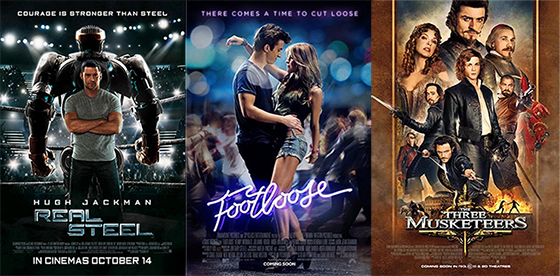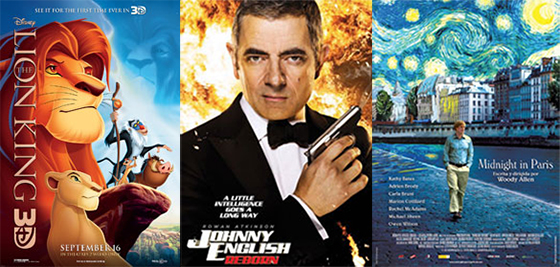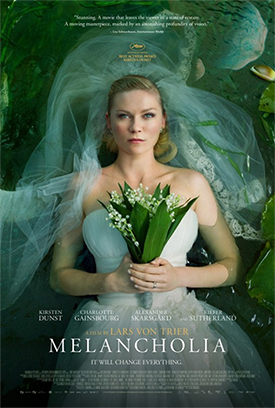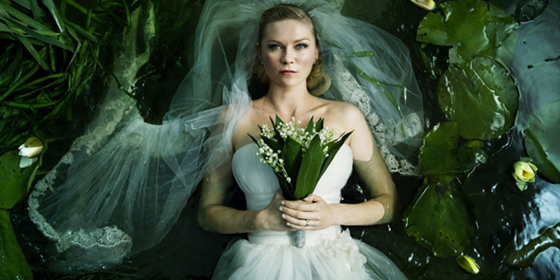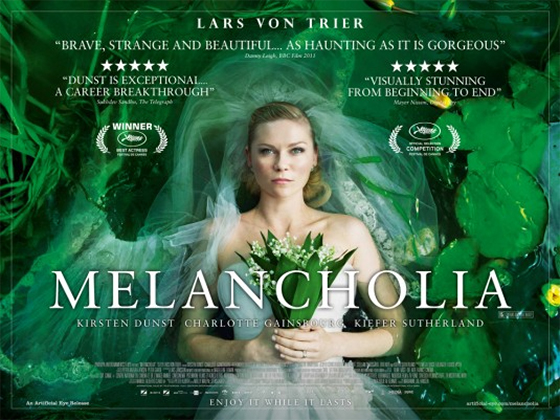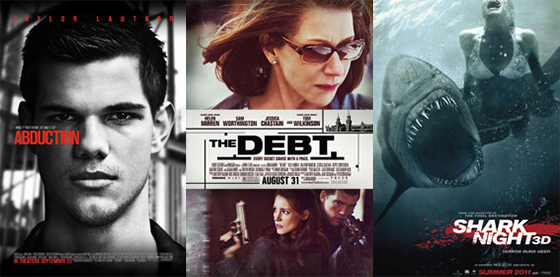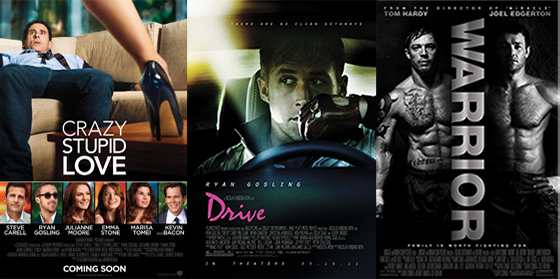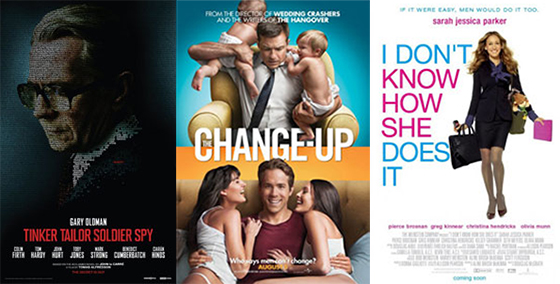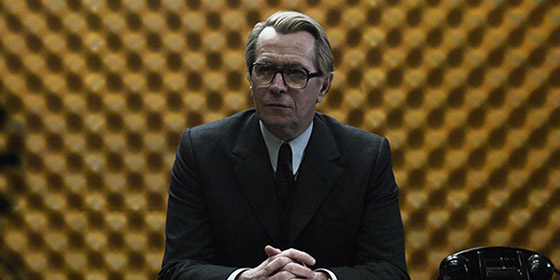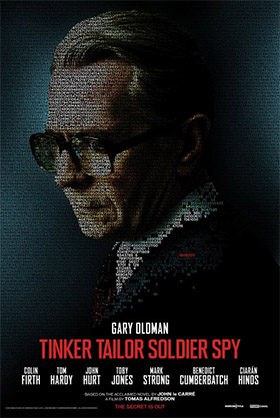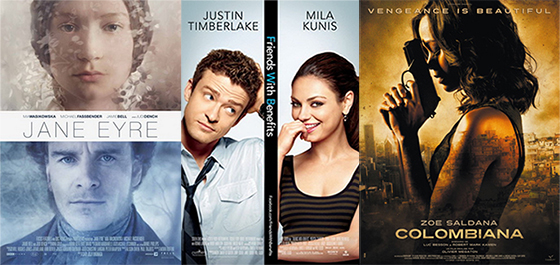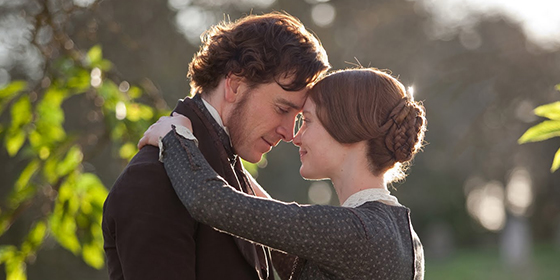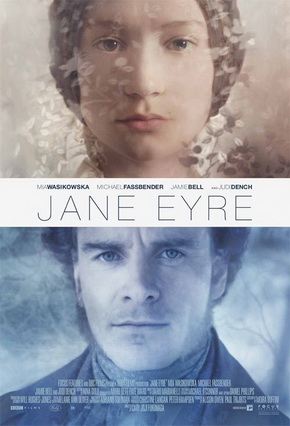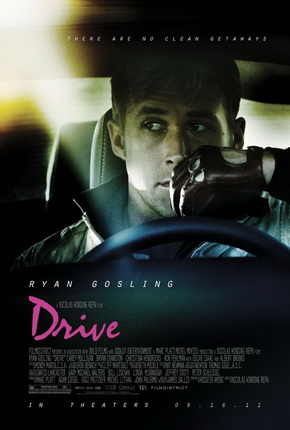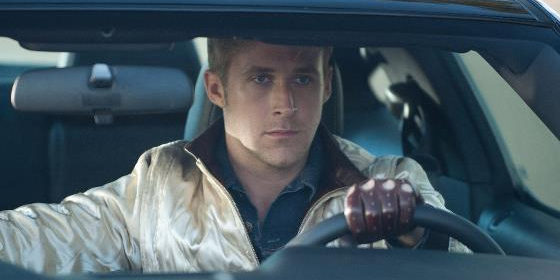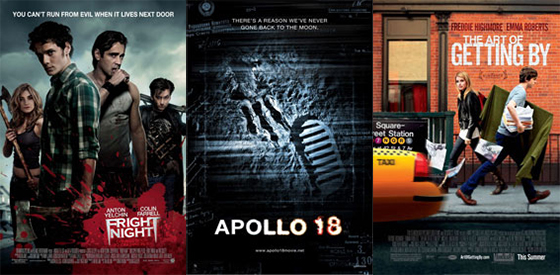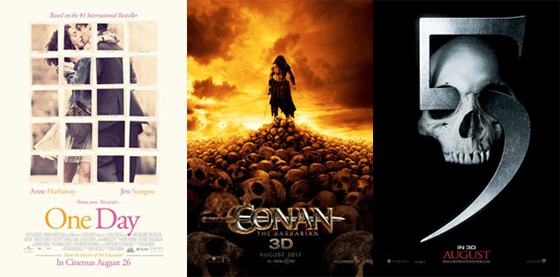J.C Chandor’s portrait of a modern Wall Street bank is a slow-burn acting master class.
With a narrative loosely modelled on the extraordinary events of September 2008, when the collapse of Lehman Brothers gored a huge hole in the global economy, it paints a bleak but compelling portrait of financial meltdown.
After a risk analyst (Stanley Tucci) at a large Wall Street bank is fired, his underling (Zachary Quinto) soon realises the entire company could go under within 36 hours.
We then see various managers struggle with the crisis: a salesman (Paul Bettany), the head of sales (Kevin Spacey), the head of securities (Simon Baker), the head of risk (Demi Moore) and finally the CEO (Jeremy Irons).
What is so impressive about the film is that it takes us right inside the den of greed and manages to convey the enormity of the crisis through acting and atmosphere.
It doesn’t ask us to sympathise with the various employees, but instead depicts a haunting, dread-filled portrait of a society crumbling from the top down.
In the quiet specifics of a bank, amidst humming computer screens and late night boardrooms, Chandor finds a wider cultural malaise.
That this is his debut film is remarkable – he not only shows a shrewd grasp of the Wall Street culture but shows a sure sense of atmosphere and tension.
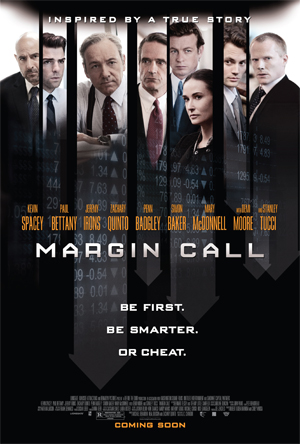 Shot in just 17 days for around $3m and mostly set inside a single building, he has cannily used the limited time and resources to his advantage.
Shot in just 17 days for around $3m and mostly set inside a single building, he has cannily used the limited time and resources to his advantage.
His screenplay thrives on disbelief and confusion – characters frequently express the desire to hear things in plain English – which mirrors society’s wider shock that Wall Street could be getting away with this for so long.
The wider point seems to be that successive governments and voters were only too happy because they too were part of the problem, happy to buy into what was essentially a giant Ponzi scheme.
What is brilliant about the narrative is that it continually takes us up the corporate ladder and depicts with startling eloquence how everyone is essentially powerless to stop what’s coming.
It was presumably this underlying intelligence that attracted actors like Tucci, Spacey and Irons, all of who give some of their best performances in years.
There are also small but perfectly formed turns from the likes of Quinto, Bettany, Baker and Moore who neatly round off one of the best ensemble casts of the year.
As any decent dramatist knows, silence can be as crucial as dialogue – in some cases the faces here depict more than words ever could – but where the film gets really fascinating is the exchanges towards the end as the higher ups debate the final course of action for their firms.
They may or may not be the kind of words that Richard Fuld used in the weeks after Lehman Brothers died but they give a plausible insight into the pathological nature of the state-subsidised capitalism of the past few years.
When Margin Call was premiered at the Sundance Film Festival on January 25th it coincided with an organised day of protest in Egypt, which formed a key part of the Arab Spring, and its US release in October neatly coincided with the Occupy Wall Street phenomenon.
There is a certain irony that Arab nations have influenced American protest, given that part of the reason the US economy is in trouble is the trillion dollars squandered on invading that region of the world.
But we live in strange times where there is a growing sense of despair and anger amongst a generation of people expected to suffer because of the poisonous actions of the actions of the Wall Street-Government nexus.
Part of what makes it so effective is that it doesn’t offer simplistic solutions and infects the audience with a sense of looming dread at what is still to come.
By the end it is hard not to feel like you’ve just spent time with criminals who will keep re-offending unless brought to justice.
Three years on there is still no solution to the overall crisis as the Obama administration still employs people who helped caused the crisis, whilst the Republicans seem to have descended into a state of collective insanity.
What makes the film so chilling and effective is that there appears to be no solution in sight.
Aside from Charles Ferguson’s documentary Inside Job the global financial crisis hasn’t really given us a good drama until now.
Part of the reason is the surface complexity of the related issues although the fundamental problem was simple: a lack of proper regulation led to Wall Street destroying the wider economy whilst avoiding suitable punishment or regulation.
The fact that banks like Goldman Sachs not only benefited from the demise of a major rival, but also got bailed out by the taxpayer was a perversion of capitalism that caused widespread anger across the political spectrum.
So seismic are the problems facing Western societies that it may take a new generation of political leaders to remedy the deep problems – and even then it could be too late.
The film industry has not been immune to these events, with the ‘independent’ market for films crashing in sync with the wider economy.
So it feels appropriate that the first serious drama to deal with the Wall Street meltdown is this reminder of what the US system can produce when it takes chances.
Margin Call is a daring film in many ways as it seeks to explore the mind-set of the very people who still inhabit the halls of finance and government.
This has been reflected in the funding (name actors attracted by a decent script), shooting (on a Red One digital camera) and distribution (a mixture of limited theatrical and VOD download in the US).
Here in the UK it is being released by Stealth Media (in the US it was distributed by Roadside Attractions after being acquired at Sundance) and is being given an encouragingly wide release.
The current harsh climate for independent movies may see distributors embrace innovative release strategies.
In the US Margin Call’s release raised a few eyebrows with its combination of VOD and theatrical, which goes against industry wisdom that one will cannibalise the other.
Cassian Elwes was the producer and agent heavily involved in the film and when I asked him on Twitter what the rough percentage of people who saw it at US cinemas versus those who downloaded it, he replied that it was probably one to one.
“@filmdetail: Do you know the rough percentage of people who saw it theatrically vs VOD?”/ we think its one to one
— cassian elwes (@cassianelwes) November 3, 2011
Indie films might need to embrace release strategies such as this if they are to survive.
Like the wider economy the future is still uncertain, but films like Margin Call can give us hope.
> Official site
> Reviews of the film at Metacritic
> Find out more about the Late-2000s financial crisis at Wikipedia
> Listen to our interview with Charles Ferguson about Inside Job
